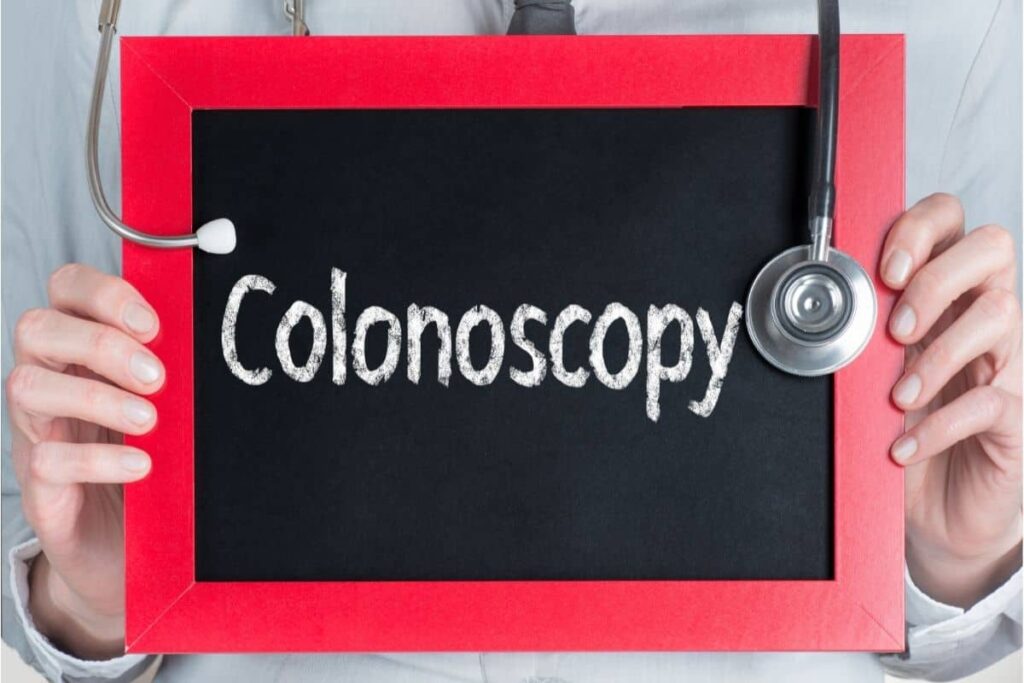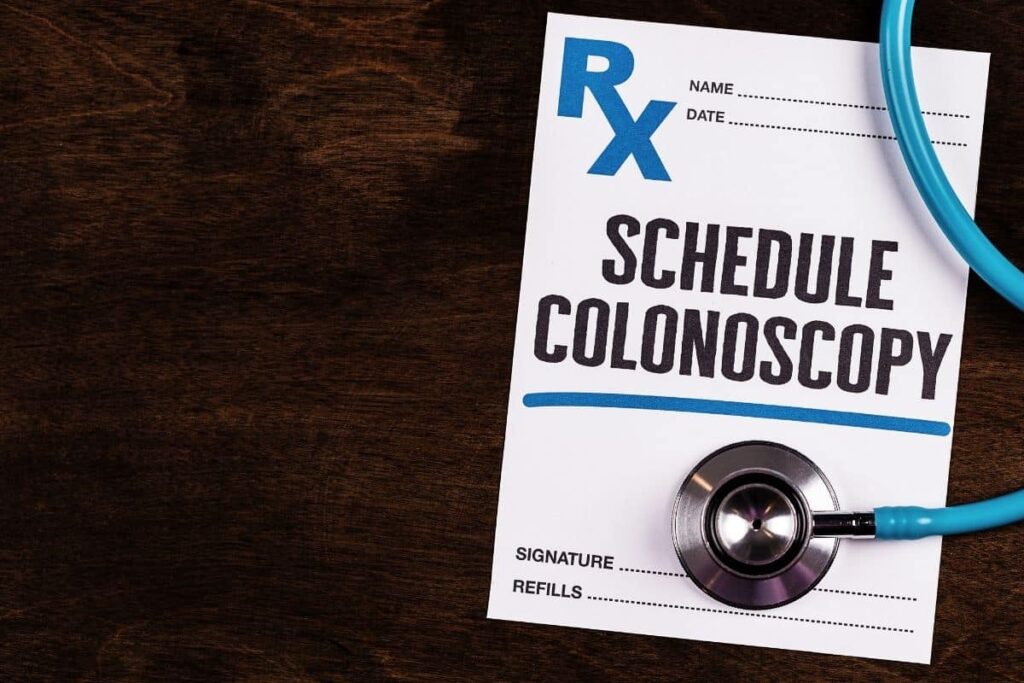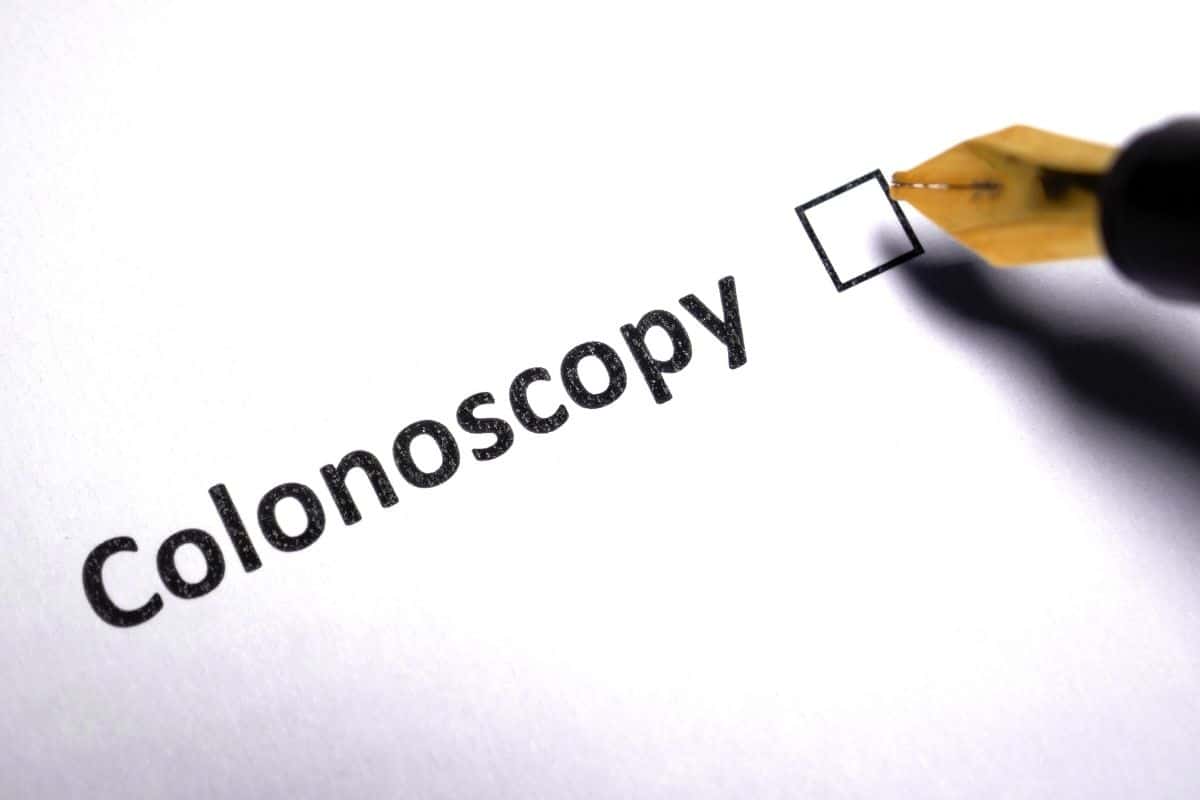A colonoscopy may not be the most pleasant procedure, but it is an extremely vital one to undertake, depending on your age and medical history. It is critical for detecting conditions that may have an impact on your health in the future.
According to the American Cancer Society, colorectal cancer is the third most prevalent form of cancer in the US, following skin and lung cancer.
The ACS stated that there were 104,000+ new colon cancer diagnoses, and 45,000+ new rectal cancer diagnoses, in 2021.
Colorectal cancer incidence has declined in recent years, but has climbed in persons under the age of 50.
In this article, we will look into how a colonoscopy works, how much it costs, and whether or not Medicare can assist you through this procedure.
Table of contents
What Is A Colonoscopy?
A colonoscopy is a medical treatment that detects defects or abnormalities in a patient’s large intestine or rectum, and is most commonly used to detect early signs of colon cancer.
Colonoscopies allow for precise assessment, diagnosis, and resulting treatment in many cases with no need for a major procedure.
Physicians also use various types of screening tools, such like barium enemas and multi-target stool DNA assays, to detect and prevent colorectal cancer.
The Procedure Of A Colonoscopy

A colonoscopy is a fairly straightforward procedure that takes 30-60 minutes, and is conducted by a doctor who is familiar with the process.
The patient will be given medication to relax them prior to the surgery; this will make them drowsy, but they will be completely conscious and awake throughout the procedure.
During the procedure, the patient must be conscious so that they can shift postures on the table, if/when the doctor requests it.
The process begins with the patient laying on their left side on the examining table. A colonoscope – a long, flexible, tubular device about 1/2 inch in diameter – will then be inserted through the rectum and progressed to the other end of the large intestine by the doctor.
The colonoscope bends easily, allowing the doctor to maneuver it through the colon’s curves. The patient may be advised to shift positions to assist the doctor in moving the scope, getting a clearer view.
Additionally, air will be softly pumped into the colon via the colonoscope during the procedure, expanding the colon and making it simpler to examine.
Small pieces of tissue (biopsies) may get extracted for study if the doctor notices something unusual, allowing abnormal growths, or polyps, to be detected and extracted.
After staying in the recovery room for 30 minutes, the patient will be allowed to go home. Providing they have no previous, serious health conditions, they will begin recovering quickly and immediately.
The Cost Of A Colonoscopy
Colonoscopy expenses are determined by a number of factors, making it difficult to provide an exact figure.
If the patient is healthy overall, a colonoscopy can be performed at an outpatient surgery center. Since hospital colonoscopies are almost always more expensive, this is most often the better option.
If a patient selects general anesthesia instead of conscious sedation, the costs increase, which is also something to consider.
On average, a colonoscopy will cost roughly $3,081. Patients with individual health insurance coverage are typically required to pay a deductible.
As a result, the procedure might cost anywhere from nothing to somewhere over $1,000.
Who Needs A Colonoscopy?
No matter your gender or general wellbeing, you should commence obtaining a colonoscopy every 10 years by the age of 50. This is because your risk of developing polyps and colon cancer increases as you get older.
If you have a family history of bowel cancer or have previously diagnosed disorders that impact your digestive tract, you should consider obtaining colonoscopies earlier in life.
Colorectal polyps, Irritable Bowel Syndrome (IBS), and Inflammatory Bowel Disease (IBD) are just some examples of these conditions.
In recent years, a colonoscopy exam has been utilized to diagnose and treat patients with unusual changes in bowel habits. As well as to assess symptoms such as stomach pain, rectal bleeding, and unexplained weight loss.
The Cost Of A Colonoscopy Under Medicare

Medicare does not restrict colonoscopy coverage based on the age of the patient, but it does restrict the number of times you can have one.
Here are the choices for those who want to know how much a colonoscopy will cost with Medicare.
A Colonoscopy Under Medicare Part A
Hospital-related expenses and impatient care costs are covered under Medicare Part A. The colonoscopy is covered by Medicare Part A, while your doctor’s services are covered by Medicare Part B.
Inpatient services, however, may be subject to a cost or deductible imposed by Medicare. This is a one-time payment for a hospital stay of 60 days.
A Colonoscopy Under Medicare Part B
Outpatient care, like as a colonoscopy, is covered under Part B, which covers medical services and preventative care. Part B of Medicare features a monthly premium and a variable annual deductible.
Colonoscopies, on the other hand, will be covered by Medicare regardless of whether they are performed for screening or diagnostic purposes.
A Colonoscopy Under Medicare Part C (Medicare Advantage)
Parts A and B, as well as prescription drug coverage, are all included in Medicare Advantage. Colonoscopies must be covered by Medicare Advantage plans under the Affordable Care Act.
The most crucial factor to consider when choosing a Medicare Advantage plan is if your doctor and anesthetic providers are already in with your Medicare Part C.
A Colonoscopy Under Medicare Part D
Prescription drug coverage is an add-on to other Medicare benefits. For example, prescriptions for bowel preparation to assist cleansing the colon before a colonoscopy are covered by Medicare Part D coverage.
A list of covered and uncovered medications should be included in your Medicare Part D plan.
A Colonoscopy Under Supplemental Care Plans (Medigap)
Out-of-pocket medical expenses, including co-payments and deductibles, are covered by Medicare supplement insurance. Medicare Part B will cover the cost of a screening colonoscopy, despite whether you’ve reached your deductible or not.
Certain Medicare supplement insurance plans may be able to assist you with these costs if a doctor removes polyps or tissue samples during the operation.
Final Thoughts
So, there we have it: Medicare can, and will, cover the costs of a colonoscopy. This should put many people’s minds at rest, and urge them to get the treatment done sooner rather than later.
We hope you found this article helpful.
Frequently Asked Questions
A colonoscopy is an important preventive care screening test that helps detect pre-cancer or colon cancer. The earlier signs of colon cancer are detected, the easier it is to prevent or treat the disease.
The Patient Protection and Affordable Care Act (ACA) focuses on the screening and preventive needs of Americans at average risk of cancer and other diseases. As a result, most health insurance companies cover colorectal cancer screening starting at age 45 with no out-of-pocket costs to the patient.
Medicare Part B covers the full cost of what it calls a screening colonoscopy to prevent, rather than diagnose or treat, colon cancer. You won’t face any deductible or copayment if your doctor or other health care provider accepts assignment, which means they accept Medicare’s payment in full.
